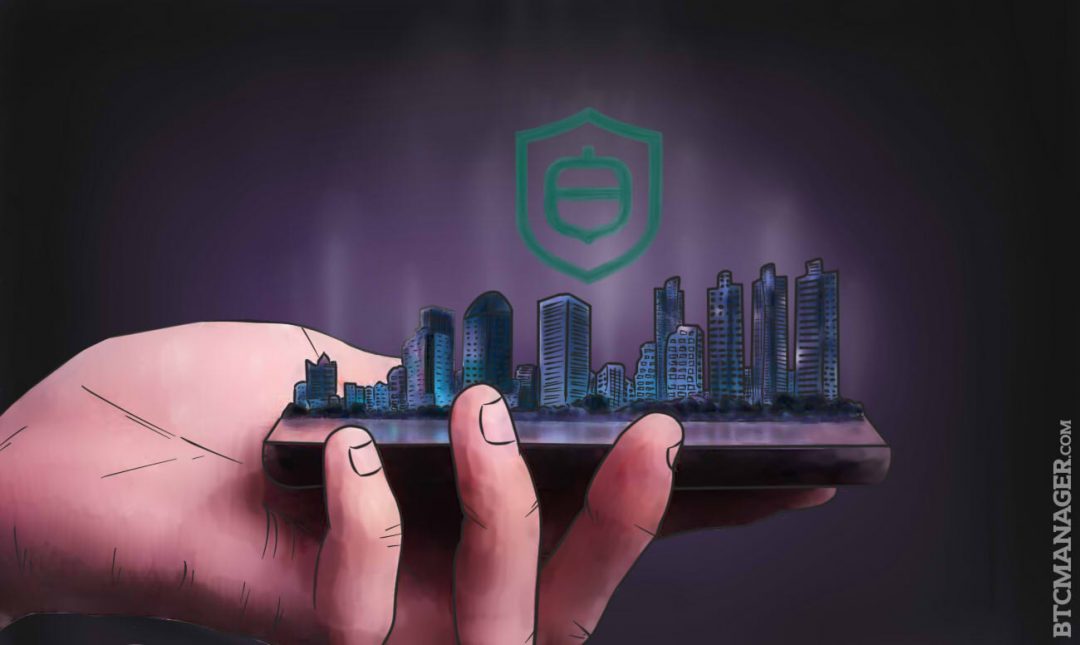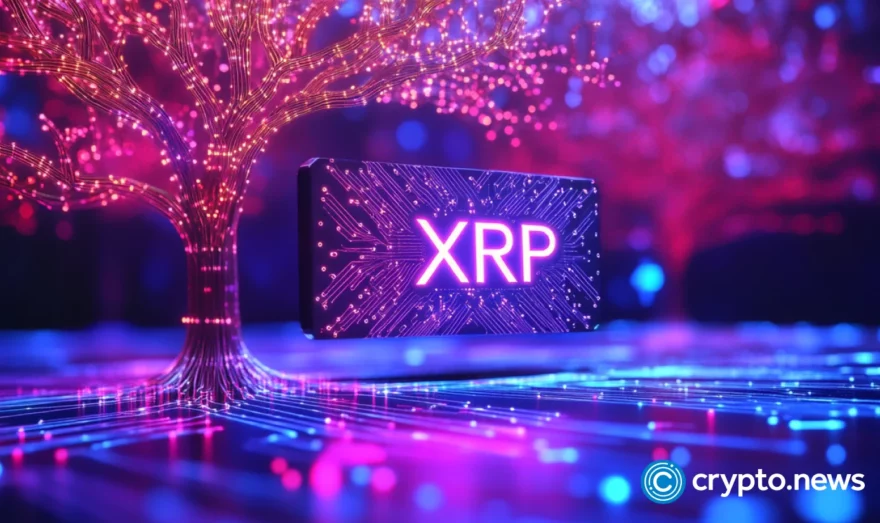Project Oaken and the Future of Ethereum-based Smart Transportation

For over a century, automobiles have been the dominant form of transportation in the world – an efficient means of moving from place to place. Today, with the expansive growth and development taking place in many urban settings, managing traffic congestion has become one of the greatest challenges facing the public sector.
With this burgeoning auto-centric culture, questions abound for government leaders and transportation planners; how to fund growing infrastructural needs amid increasing mobility demands, gridlock, and snarls? In what ways can arterial flows be enhanced to adapt to changing traffic patterns and environmental concerns.
Shifting the prevailing traffic management trajectory will require a new mindset—one requiring the use of new technological advancements. Enter Project Oaken, a new startup that has created an Ethereum-based platform for IoT applications. This initiative was awarded $100,000 at a World Government Summit presentation, a Dubai government-sponsored smart governance event, held on February 14. In its proposal for the competition, Project Oaken demonstrated a smart contract use case for automatic toll payments, utilizing a Tesla test vehicle.
This event highlighting the digitalization of government services is part of a more expansive movement to boost blockchain adoption within Dubai, in collaboration with the Global Blockchain Council.
Tesla Meets The Blockchain
Project Oaken is an autonomous blockchain-based IoT platform targeting smart cities with automated mobile to mobile transaction capabilities over a secure, decentralized network. For the hackathon submission in Dubai, Oaken demonstrated the utility of building an e-connection between a Tesla and a highway toll booth. The interaction, facilitated via RFID, the Ethereum blockchain and IPFS, allows for the seamless payments of tolls.
This auto-toll booth proof of concept system proposes the replacement of existing toll road server infrastructure with an inexpensive smart contract protocol. Current toll roads have huge server infrastructure requirements for accounting, identity, and payments. Typical user transaction fees are 3 percent or more.
The system will allow for instantaneous remittance and a significant reduction in credit card transaction fees. Ultimately toll rates will be automatically transitioned to a road maintenance fee, once the designated road infrastructure is paid for.
The Project Oaken smart vehicle can take raw data and communicate it to the Ethereum blockchain. The platform germinates what are known as ACORNS for each new physical application (Autonomous Communication Over Redundant Nodes). ACORNS utilizes Ethereum, IPFS, and Nodes JS to power the system. ACORNS are designed to run on Oaken’s Ethereum Blockchain Network and are thus compatible with all blockchains that run on this ecosystem.
Here is a brief overview of how the system works;tThe TESLA pulls up and signals the tollgate of the desire to make a toll payment, prompting a smart contract transaction. This operation captures the Tesla data and transmits it to the blockchain in the form of an IPFS hash. The Tesla car then validates the blockchain transaction data, comparing it to the GPS data from the tollgate smart contract. This data is stored on an IPFS leading to a triggering of the smart contract to pay the toll in cryptocurrency. The tollbooth then captures the paid toll contract signal allowing the Tesla to access the toll road.
So why is Project Oaken’s solution valuable to the future of toll management? For starters, it permits the elimination of legacy server systems that are wieldy and costly to operate. Moreover, it reduces the cost for users in addition to offering instantaneous remittances.
The long-term vision of the project? To become the IoT the model hardware and distributed software platform to fuel smart cities, through automation and actual value transfer. Here is a brief video that summarizes the project’s aims.












